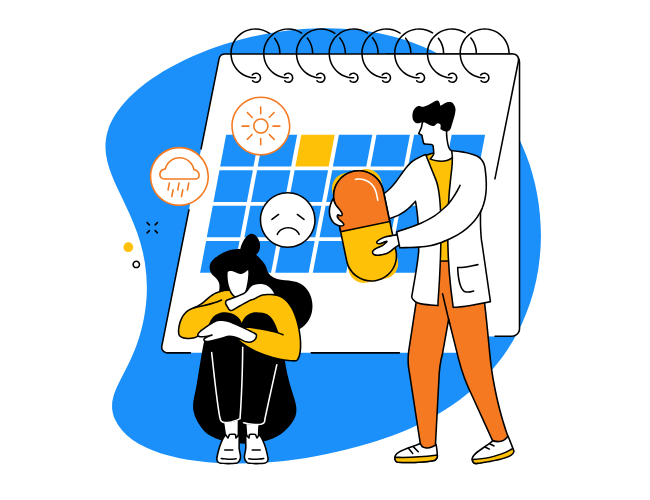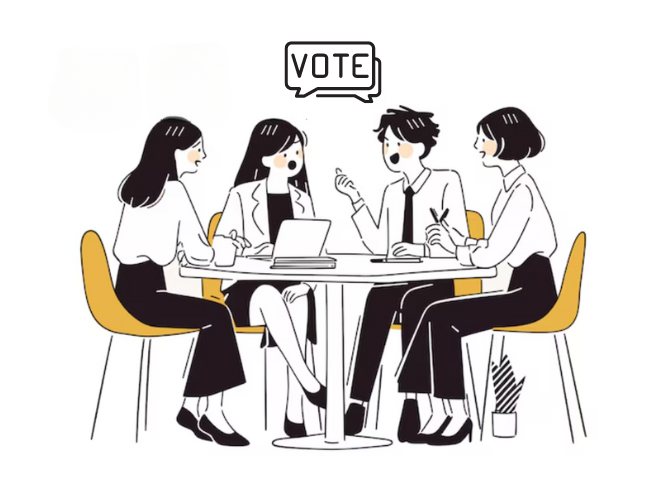Today is World Mental Health Day, a global event that is recognized each year on October 10th. World Mental Health Day was originally declared by the World Federation for Mental Health in 1992 as part of a global advocacy and awareness program. Today, almost one billion people, or one out of every eight people on average according to the World Health Organization, suffer from mental disorders.
Increased mental health education and resources continue to be desperately needed in the workplace. There are many different opinions on how to address the global mental health problem, but both employers and employees can start by acknowledging this day to raise awareness and show support for one another.
Use the five tips below to help educate employees and create a safe work environment for team members who may be struggling with mental health issues.
1. Be willing to talk about mental health with employees
Mental health is a crucial part of overall well-being, yet mental illness is a common reality for many people in the workplace. It is important to acknowledge this fact and take the time necessary to check in with team members and make sure they know they are not alone in their struggles.
Some employees may not want to vocalize mental health concerns because they are concerned about how they will be perceived by coworkers or managers. This should never be an issue! Instead, it should be seen as a sign of strength on behalf of employees; they are bravely admitting that they need help.
Leaders and managers do not always know when someone is struggling with mental health issues, which is why it is important to create an open environment where teams feel comfortable talking about their well-being. A difficult conversation can be made easier if there are open lines of communication between managers and team members.
2. Educate employees on available resources
While managers may assume that it is only Human resources responsibility to educate employees on mental health topics, Harvard Business Review found that this is an important part of being an effective manager. High-performing managers are also aware of mental health resources available in the workplace, and direct team members as needed.
Offering helpful resources sends the message that a company cares about workers as individuals and wants them feeling healthy, happy, and productive!
3. Host a mental health event
Hosting events focused on mental health creates a culture where people feel safe talking about their struggles and how to manage them. This helps employees feel supported and cared for as they go through their day-to-day lives.
Organizing mental health resource events for management means that when employees approach managers with a problem they are having, managers will feel more properly equipped with the necessary tools to offer team members guidance in a way that feels more personal than simply sending a generic email.
Check out the Wellable Labs events calendar for some inspiration or share a relevant upcoming webinar with your team!
4. Encourage employees to schedule daily mental health breaks
Although it is easy to blur the boundaries between work and leisure in hybrid work environments, research demonstrates that taking mental breaks is helpful for both job quality and mental health. Encourage team members to schedule breaks on their calendars.
Managers can lead by example by blocking daily mental health breaks on their calendars to make employees feel more comfortable engaging in this practice. Provide suggestions for how to utilize the time: go on a walk, meditate, exercise, spend time with friends and family, watch a comfort show, and engage in self-care.
5. Offer employees a paid mental health day
Employees may believe they do not have the time take a mental health day. What better approach to honor mental health and personal time than to provide staff with a day for themselves?
Try surprising staff with a paid day off, even if you cannot make it a permanent holiday. With 82% of Generation Z employees believing mental health days are crucial, this may be a new normal in workplaces sooner than later. Offering a paid mental health day is an impactful approach to helping employees do their best work.
Takeaway
When dealing with mental health issues, employers must take a proactive approach. Prior to implementing the above suggestions, an employer must first focus on enhancing relationships with workers. Frequently, employees believe that their employers expect too much of them and that they cannot discuss work-related stress in the workplace.
Mental health concerns in the workplace can only be eliminated through a coordinated effort by both employers and employees. It all starts with open and supported company culture conversations.












